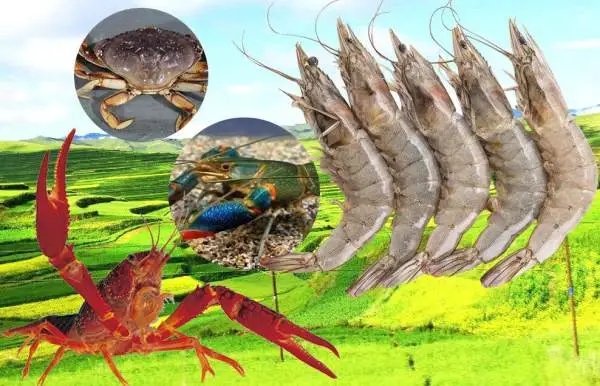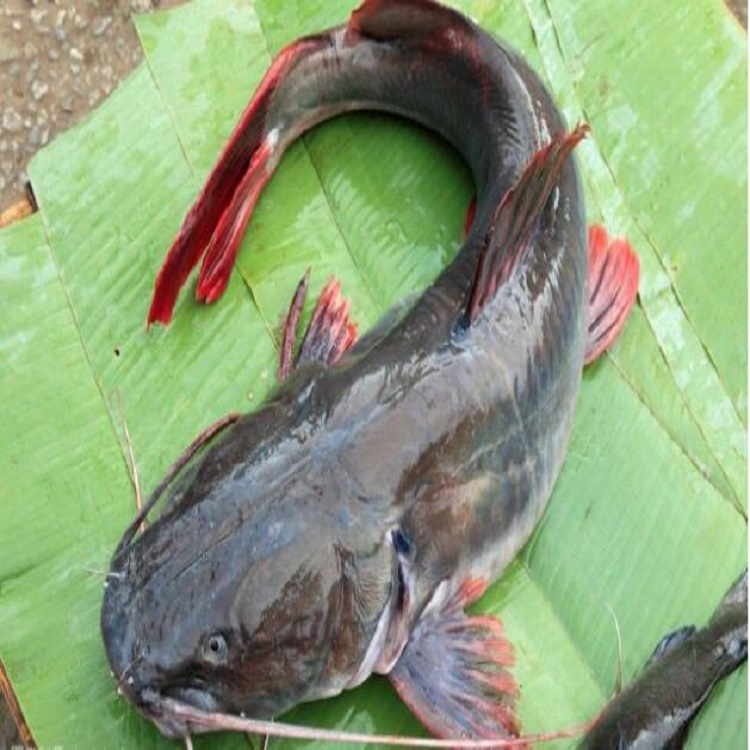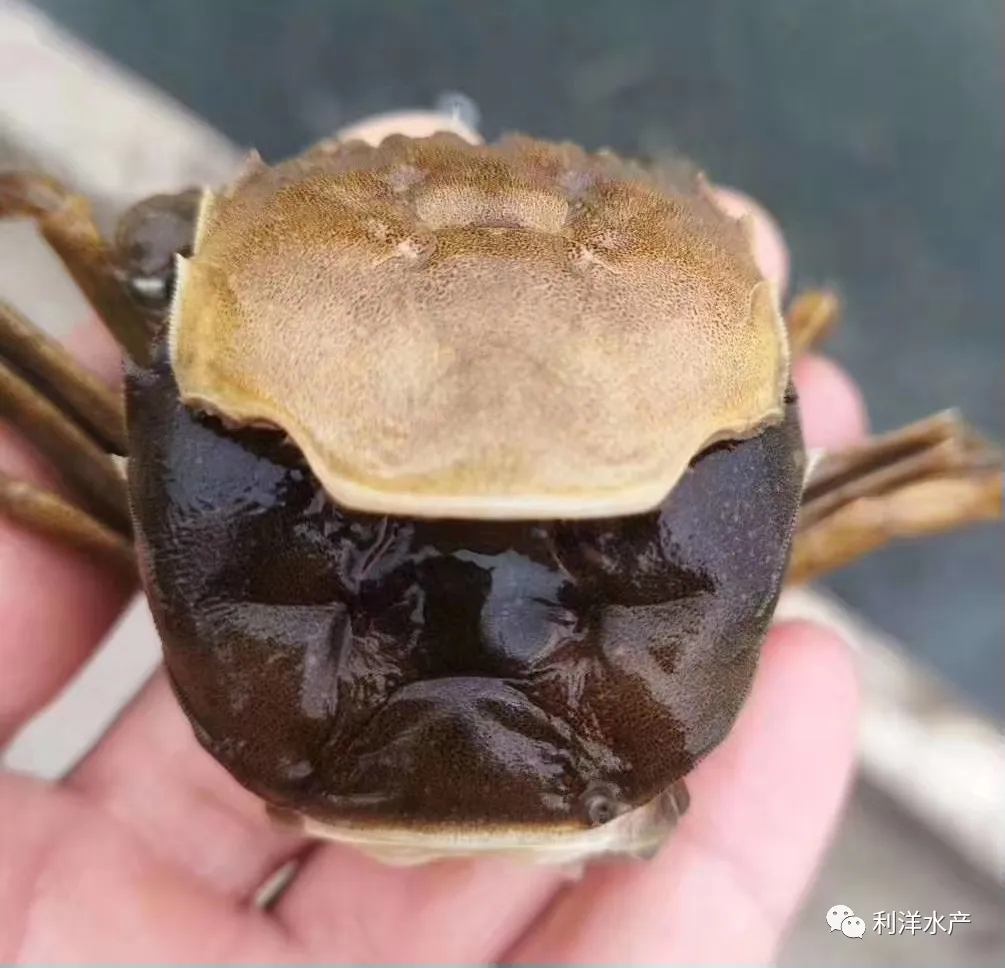Betaine is used as a feed attractant for aquatic animals.
According to foreign sources, adding 0.5% to 1.5% betaine to fish feed has a strong stimulating effect on the olfactory and gustatory senses of all crustaceans such as fish and shrimp. It has strong feeding attraction, improves feed palatability, shortens feeding time, promotes digestion and absorption, accelerates fish and shrimp growth, and avoids water pollution caused by feed waste.
Betaine is a buffer substance for osmotic pressure fluctuations and can serve as a cell osmotic protector. It can enhance the tolerance of biological cells to drought, high humidity, high salt, and high osmotic environments, prevent cell water loss and salt entry, improve the Na K pump function of cell membranes, stabilize enzyme activity and biological macromolecule function, regulate tissue cell osmotic pressure and ion balance, maintain nutrient absorption function, and enhance fish When the osmotic pressure of shrimp and other organisms undergoes drastic changes, their tolerance increases and their survival rate increases.
Betaine can also provide methyl groups to the body, and its efficiency in providing methyl groups is 2.3 times that of choline chloride, making it a more effective methyl donor. Betaine can improve the oxidation process of fatty acids in cell mitochondria, significantly increase the content of long-chain acyl carnitine and the ratio of long-chain acyl carnitine to free carnitine in muscle and liver, promote fat decomposition, reduce fat deposition in liver and body, promote protein synthesis, redistribute carcass fat, and reduce the incidence rate of fatty liver.
Post time: Aug-23-2023






